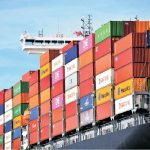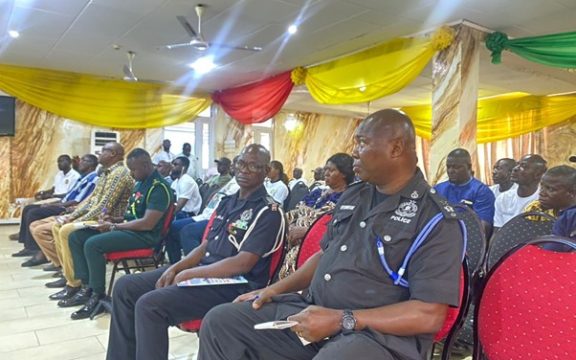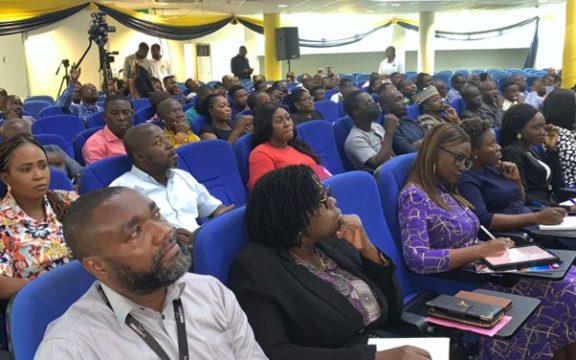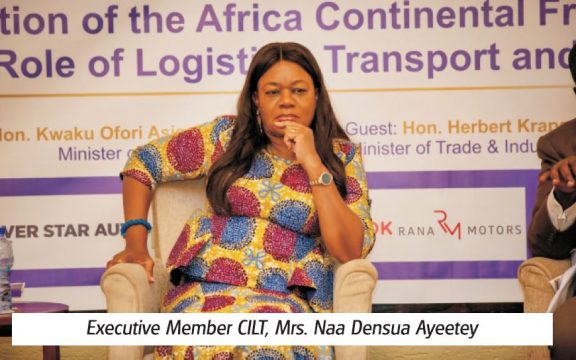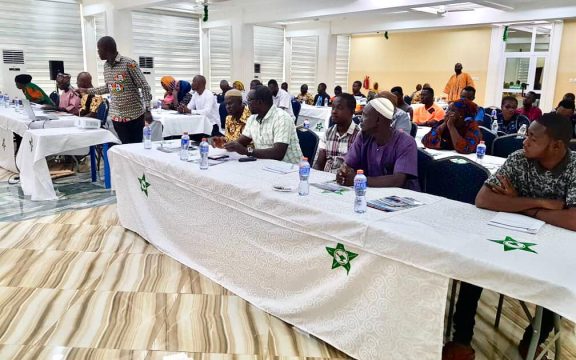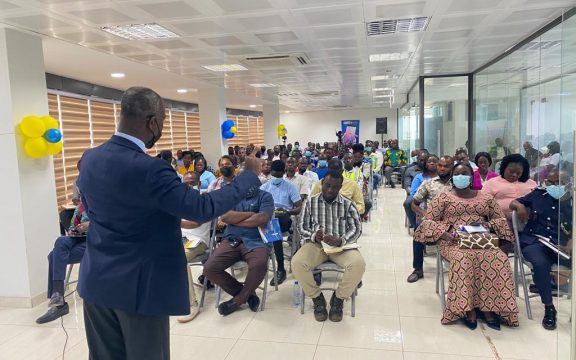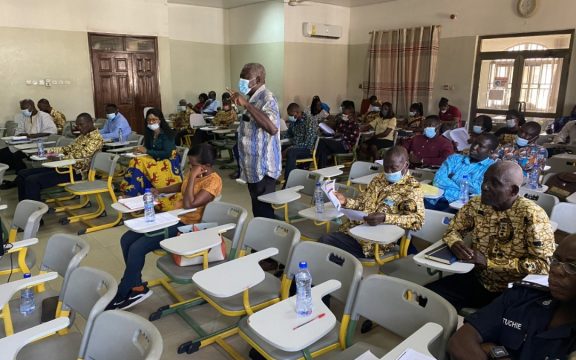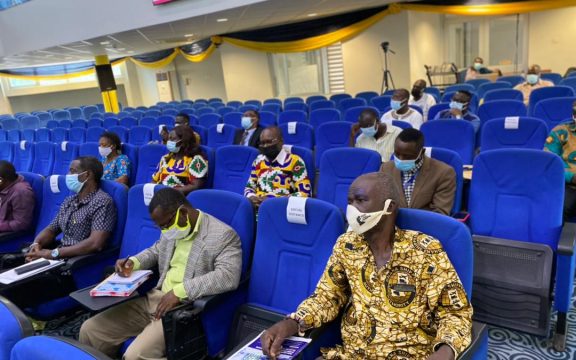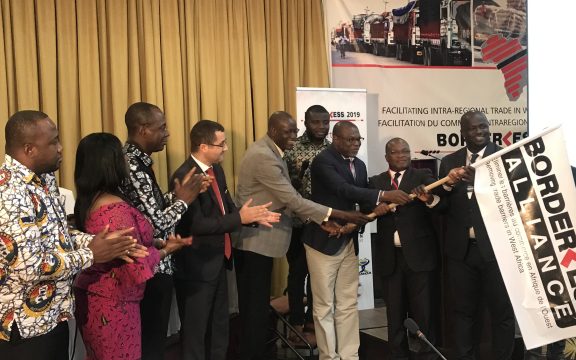
The Ghana National Chamber of Commerce and Industry (GNCCI) has entreated exporters to be mindful of the originality of the Certificate of Origin (COO) that accompany their exports as some unscrupulous freight forwarders are generating fake ones.
The caution is coming at a time the GNCCI is recording cases of forged COOs, a move that has the propensity to mar the nation’s global image and affect bilateral agreements meant to extend some privileges to Ghanaian exporters.
A Certificate of Origin is an important international trade document that certifies that goods in a particular export shipment are wholly obtained, produced, manufactured or processed in a particular country. The purpose of a Certificate of Origin is to facilitate international trade and proves that the product exported is manufactured and produced in a specified country. It is required by certain countries in order to determine whether duties or tariffs should be assessed on the products being imported.
Speaking to the Shipping Review, the Greater Accra Regional Head of the GNCCI, Daniel Osei Torgbor said the Chamber is very concerned and has begun sensitizing exporters on the inconveniences likely to occur if the COO accompanying their cargo is flagged as fake.
“The Ghana Customs has brought this matter to our attention and it is a very serious one that needs immediate attention. The Chamber of Commerce is the body mandated to generate the Certificate of Origin but we are beginning to get reports to authenticate COOs that we have no idea of. Sadly, an unfortunate trend is emerging,” Mr. Osei Torgbor said.
He noted that goods that are flagged go through very rigorous checks which causes delays and the exporter is mandated to pay the full exporting cost in the instance that the COO is confirmed as fake.
“We have been receiving some reports and we are acting on them before things get out of hand. We have realized that in many instances the exporter is unaware of the issue because the freight forwarders are mostly responsible for getting the COOs. As a result, we have begun to educate the exporters and asked them to be more vigilant and entreat their freight forwarders to do the right thing or else some dire ramifications await the nation internationally,” Mr. Osei Torgbor added.
He added the development needs immediate attention considering the role of the Africa Continental Free Trade Agreement (AfCFTA) as the COO is the primary document that would be used to facilitate trade.
“Under AfCFTA the Rules of Origin which is born out of the Certificate of Origin will be key. Imagine the trend continuous. You can imagine how some companies can take advantage of it to send imported products across the continent in the name of AfCFTA. We need to be strict and nip this challenge in the bud for the good of all.”
GNCCI’S COO Function
GNCCI issues documentary evidence of origin for goods exported from Ghana and certifies a variety of other export documentation, eg. Packing Lists, Commercial Invoices, Proforma Invoices, etc. as required by overseas buyers and foreign customs authorities. The Chamber issues a Certificate of Origin according to the International Certificate of origin guidelines prepared by the World Chambers Federation, the International Chamber of Commerce’s (ICCs) specialized division for Chamber Affairs.
The Chamber currently issues five types of certificates:
• EUR
• GSP
• IMPERIAL PREFERENCE
• COMBINED CERTIFICATE
• ECOWAS
The following documents are required before a Certificate of Origin can be issued:
• Certificate Type
• Exporter’s Tin Number
• Exporter’s Name and Address
• Importer’s Name and Address
• Port of Discharge
• ECOWAS Trade Liberalization Number (Optional but important)
• Product Description
• Product HS Code
• Quantity of Goods
• Net Weight
• Gross Weight
• Total Invoice Value
Note: In addition, all exporters are to provide a commercial invoice or packing list, customs declaration form, bill of lading, etc. to the Ghana Chamber of Commerce to help process the certificate.


